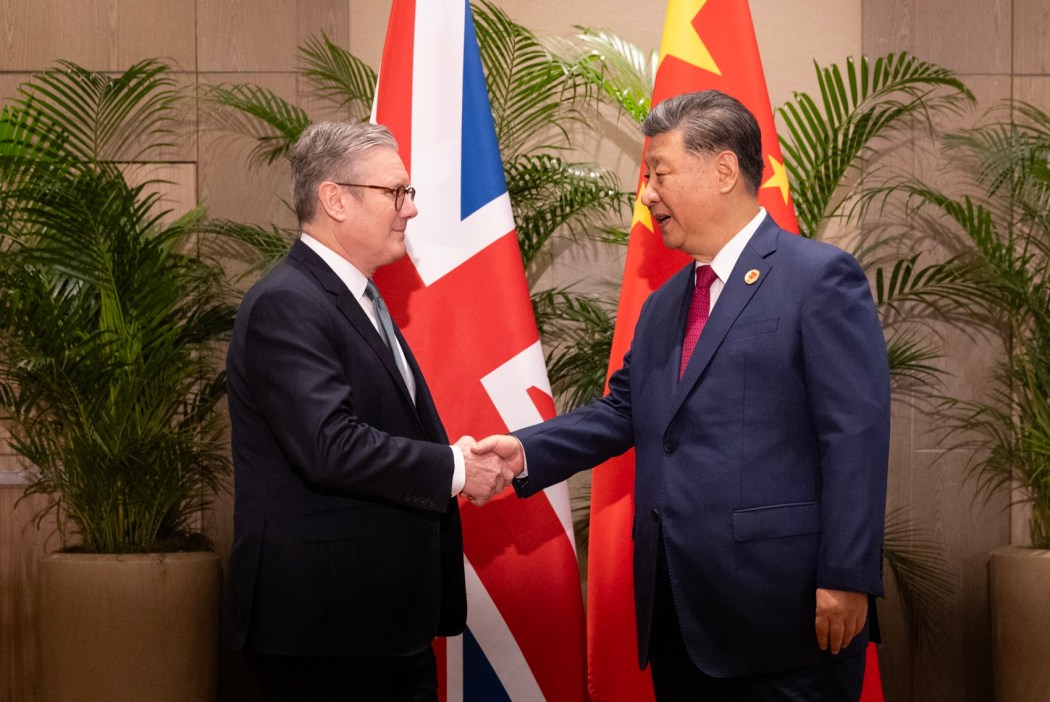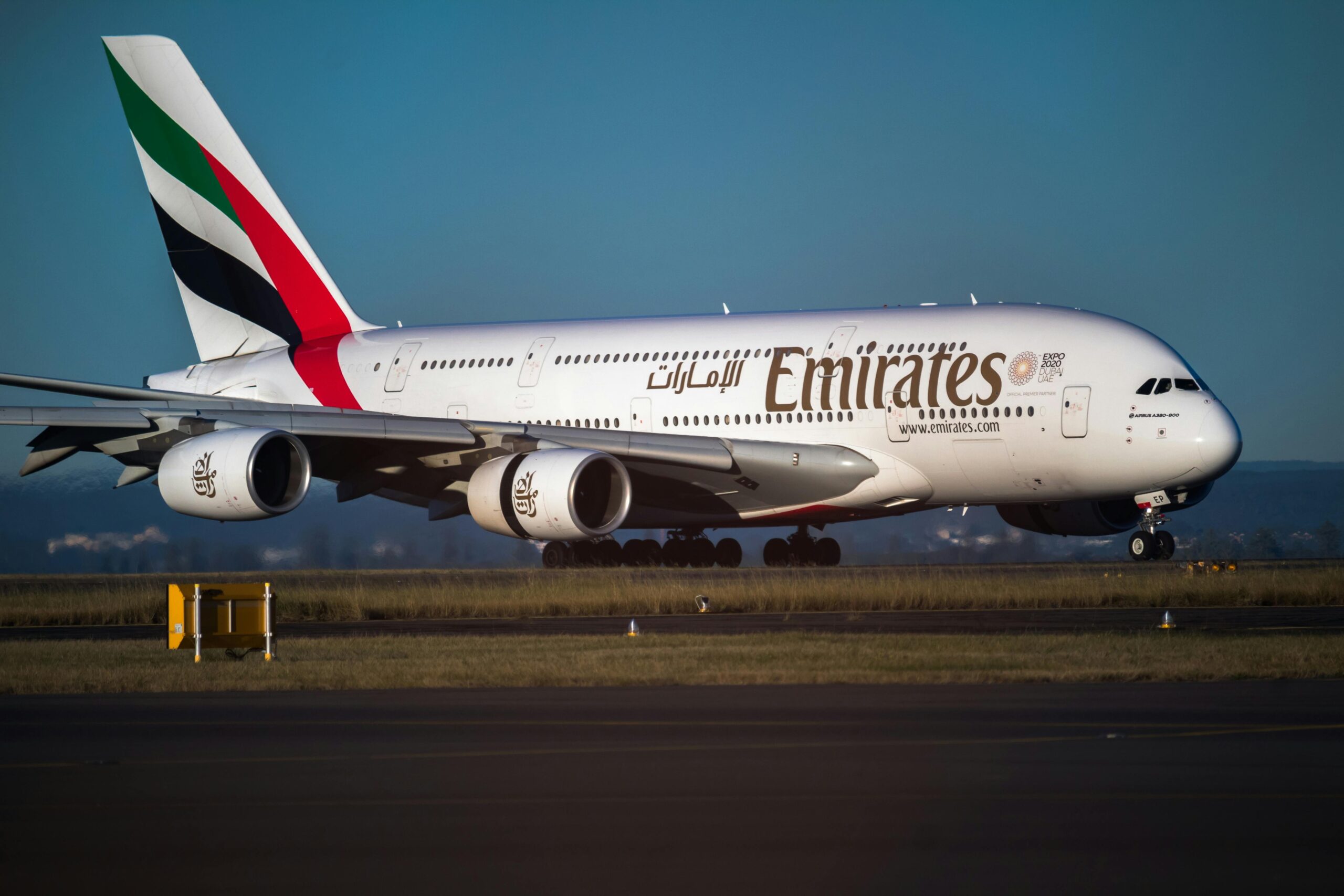China’s Embassy Slams UK Politicians’ “Twisted Mindset” in British Steel Row

LONDON – April 16, 2025 (WE)— Tensions between the United Kingdom and China have flared once again following scathing remarks from China’s UK embassy. The embassy issued a sharp rebuke of British political figures critical of Chinese involvement in British Steel, calling their views “absurd” and driven by a “twisted mindset.”
The diplomatic pushback comes after the UK government announced it would assume control of British Steel, citing strategic and national security concerns. The steelmaker, owned by China’s Jingye Group, since 2020, has been under pressure as the UK shifts toward decarbonizing heavy industry.
In an official statement posted on the embassy’s website and distributed through Chinese state media, the embassy accused some British politicians of “arrogance, ignorance and twisted mindset” for their criticisms of Chinese business activity in the country.
“The anti-China rhetoric of some individual British politicians is extremely absurd,” said an embassy spokesperson. “They reflect an outdated Cold War mentality and politicize normal business decisions.”
Backdrop: British Steel, Jingye, and Government Intervention
British Steel, headquartered in Scunthorpe, was rescued from collapse in 2020 when the Chinese industrial conglomerate Jingye Group purchased the firm after it entered compulsory liquidation in 2019. The deal, worth around £70 million, was hailed at the time as a lifeline for the UK steel industry and safeguarded thousands of jobs.
“Had it not been for the involvement of this Chinese company,” the embassy said, “British Steel workers might have already faced the risk of unemployment.”
Since the acquisition, Jingye has injected hundreds of millions of pounds into operations. But with the UK government’s push toward net-zero carbon emissions by 2050, the steel industry faces immense pressure to shift from coal-powered blast furnaces to electric arc furnaces — a move that has sparked job concerns and political scrutiny.
British Steel announced plans in late 2024 to close its blast furnaces and replace them with EAFs in line with the government’s green agenda. However, the plan involves substantial capital investment and potential workforce reductions.
UK’s Takeover and National Security Lens
The UK government’s decision to step in came amid fears of industrial decline and energy insecurity. Ministers cited strategic autonomy and energy resilience as key factors behind the intervention.
“Steel is vital to our economic security,” said Business Secretary Kemi Badenoch in a statement. “We cannot afford to be beholden to foreign ownership when it comes to critical infrastructure and the net zero transition.”
The takeover is being executed under the National Security and Investment Act 2021, a law designed to screen foreign acquisitions of sensitive UK businesses. Critics of Jingye’s ownership raised concerns that decisions around Britain’s steel capacity were being made in Beijing—not London.
China’s Response: “Stop Hyping Up Business Decisions”
The Chinese embassy’s statement sought to reframe the issue as a misguided politicization of business activity, pointing to Jingye’s contributions since taking over the company.
The spokesperson outlined several points in defense of Jingye’s operations:
- Jingye is a private enterprise operating on market principles.
- British Steel was already in decline when Jingye acquired it.
- Jingye has invested significantly to sustain operations and jobs.
- China-backed firms have contributed £115 billion to the UK economy and created nearly 60,000 jobs.
- The UK’s decarbonization strategy necessitated changes to steel production methods.
- Anti-China rhetoric could erode investor confidence and damage UK-China economic ties.
The embassy went further, comparing the UK’s response to US protectionism:
“At a time when the US is wielding the tariff stick against all countries… those British politicians just keep slandering Chinese enterprises instead of criticizing the United States. What on earth are they up to?”
Domestic Reactions: Mixed Views Across the Aisle
The UK’s steelworkers’ unions and MPs have expressed a mix of gratitude and concern over the developments. Some MPs from affected constituencies argue that while Jingye did stabilize the company initially, decisions to close blast furnaces have sparked economic insecurity.
“We need green steel, but we need a just transition that protects our communities,” said Labour MP Holly Mumby-Croft, whose Scunthorpe seat hosts British Steel’s main plant.
Unions such as Unite and Community have demanded more government support for workers and clarity on long-term plans.
Experts Weigh In: Industrial Strategy or Geopolitical Posturing?
Analysts are divided on the UK government’s move. Some see it as part of a broader re-industrialization strategy aimed at building domestic capacity in energy-intensive sectors. Others argue it reflects a growing geopolitical rift with China.
“There’s no question this is partly about geopolitics,” said Dr. Maya Cartwright, an economist at the London School of Economics. “But the UK also faces real economic and environmental constraints. Relying on foreign investment has been a double-edged sword.”
The Institute for Government noted that foreign ownership in critical sectors such as energy, defense, and heavy industry has been under increasing scrutiny worldwide.
Read More:
- U.S. Reverses Food Aid Cuts — But Afghanistan and Yemen Still Left Behind
- Beijing’s Fury Over CK Hutchison’s Panama Canal Port Sale – What’s Next?
- M6.8 Earthquake Strikes Southwestern Japan, Triggering Tsunami Advisories
China-UK Trade Relationship in the Spotlight
China is the UK’s third-largest trading partner, with bilateral trade in goods and services exceeding £100 billion annually. Over 800 Chinese companies operate in the UK, including major firms in infrastructure, telecommunications, and finance.
But relations have grown tense in recent years over:
- Huawei’s exclusion from 5G networks
- Sanctions on Chinese officials over alleged human rights abuses
- Concerns about intellectual property and espionage
These tensions have affected Chinese investor sentiment. A 2024 survey by the China Chamber of Commerce in the UK (CCCUK) found that 43% of Chinese firms feel less welcome in the UK compared to three years ago.
A Broader Trend: Western Pushback on Chinese Investment
The UK is not alone. Across Europe and North America, countries are re-evaluating Chinese involvement in strategic sectors. The EU has ramped up foreign subsidies investigations, and the U.S. has passed laws to screen outbound investment into China.
“There’s a policy shift across the West toward economic resilience and supply chain sovereignty,” said Kevin Saunders, policy director at the Atlantic Council. “Unfortunately, that often clashes with global business norms.”
What Happens Next: Will Jingye Stay or Exit?
The UK government has not provided details on whether Jingye will remain a shareholder or exit entirely. Talks are reportedly ongoing between the government and the Chinese firm over compensation and operational responsibilities.
“It is hoped that the British government will continue to engage in consultations and negotiations with Jingye,” the Chinese embassy said, “to actively seek a solution acceptable to all parties.”
If negotiations collapse, the UK may face diplomatic blowback, potential investor lawsuits, and a chilling effect on future foreign direct investment (FDI) from China and beyond.
Steel as a Flashpoint in China-UK Relations
The row over British Steel is more than a corporate dispute—it’s the latest sign of a broader decoupling between China and the West. For the UK, navigating a post-Brexit global economy means balancing strategic autonomy with openness to foreign investment.
As the steel industry undergoes seismic changes in the name of climate goals, government decisions will shape not just industrial outcomes, but diplomatic and trade relations for years to come.
Whether Britain can retain Chinese capital without sacrificing its national security goals remains a test of its evolving foreign economic policy.








